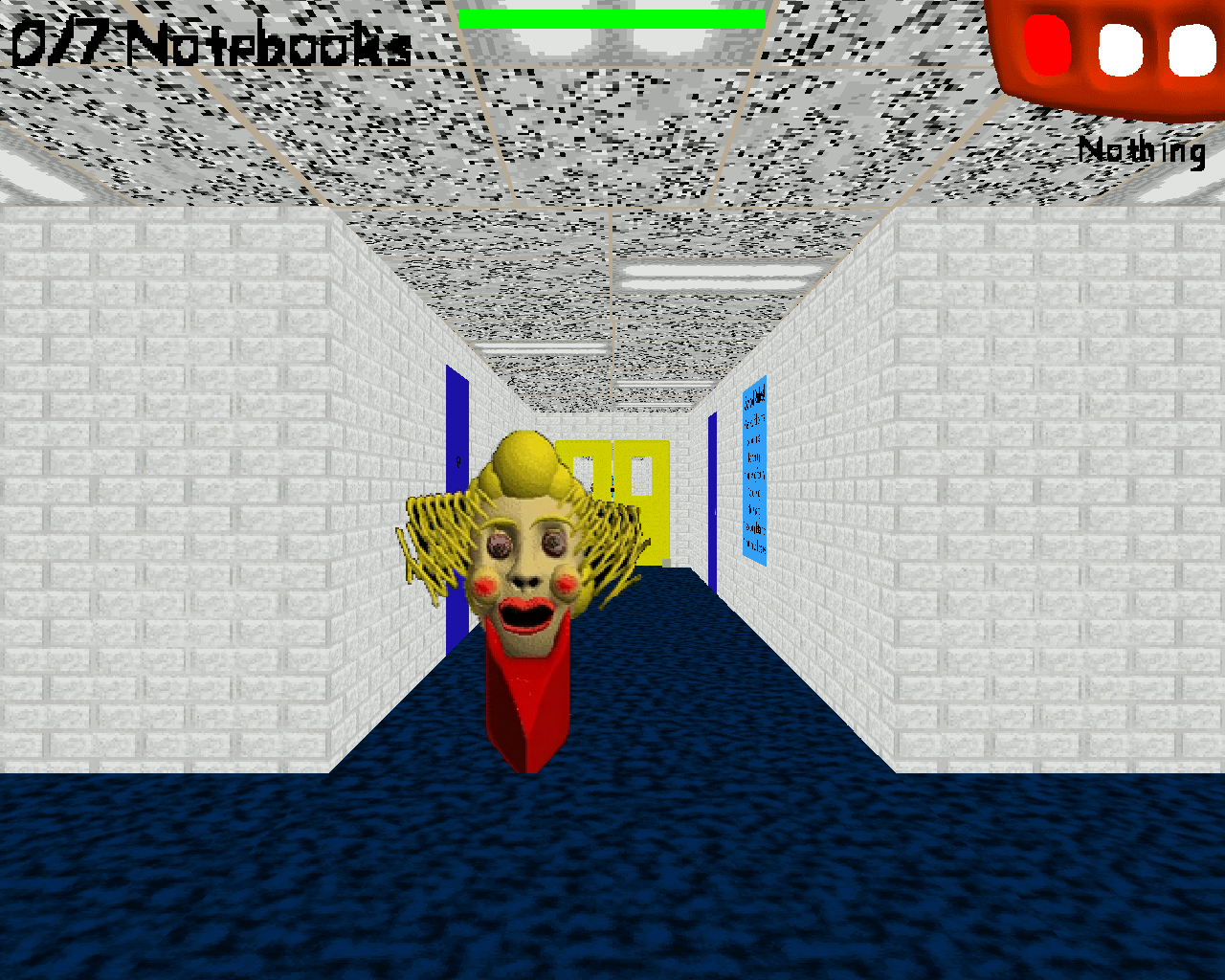- Mrs Pomp's Basics In Classroom Not Get Out Mac Os X
- Mrs Pomp's Basics In Classroom Not Get Out Mac Os 11
- Mrs Pomp's Basics In Classroom Not Get Out Mac Os Catalina
- Mrs Pomp's Basics In Classroom Not Get Out Mac Os Download
Alternatively, you can open the predefined category and seek out the torrent file you want to download. From the results provided by the website, you should be able to find the file you are looking for. To download the file, just click on the Get This Torrent link. How fast the file downloads mainly depends on the strength of your internet. Not a member yet? Become one today and start sharing your creations! Sign up Receive these membership benefits: No ads Join a Studio team Earn points & medals Buy games with points Unlock 50+ site features Store your mods in one place forever Get notified about new mods 1-Click Installers.
One goal in helping children learn is to assist them in figuring out as much as they can for themselves (e.g., constructing meaning). Ask questions that guide, without telling what to do. Good questions and good listening will help children make sense of mathematics, build self-confidence, and encourage mathematical thinking and communication. A good question can help students clarify a problem and support different ways of thinking about it. You do not need to know how to do the problem to support your child’s learning.
Here are some questions you might try; notice that none of them can be answered with a simple 'yes' or 'no.' By using these questions, and by referring to the notebook that students create and use in class, you will be building on in-class experiences and contributing to your child's success.
Solving a Problem
Getting Started on the Problem
Mrs Pomp's Basics In Classroom Not Get Out Mac Os X
- What do you know?
- What do you need to find out?
- How could you begin?
- Are there words you do not understand?
- Have you solved similar problems that would help? Let's look at your notebook.
While Working
- How can you organize the information?
- Can you make a drawing (model) to explain your thinking?
- Are there other possibilities?
- What would happen if...?
- Can you describe an approach (strategy) you can use to solve this?
- What do you need to do next?
- Do you see any patterns or relationships that will help solve this?
- How does this relate to...?
- Can you make a prediction?
- What did you...?
- How were you thinking about the problem when you did this…?
- What assumptions are you making?
Reflecting about the solution
- Has the question been answered?
- How do you know your solution (conclusion) is reasonable?
- How did you arrive at your answer?
- How can you convince me your answer makes sense?
- What did you try that did not work?
- Can the explanation be made clearer?
Responding (helping your children clarify and extend their thinking)

- Help me understand this part...
- Can you explain it in a different way?
- Is there another possibility or strategy that would work?
- How does the math in this problem relate to the mathematics in this unit? In previous units?
- Is there anything you want to add to your notebook?
- Are there any questions you want to ask your teacher?
Getting Organized
Provide a study place. Have the following materials readily available: graph paper and notebook paper, ruler with both metric and standard units, calculator (graphing calculator is preferred), dictionary.
Many children need assistance in organizing and maintaining a notebook. Help them develop a system for organizing and maintaining notebook and notes. In CMP student texts there are few worked examples for students (or parent/guardians) to use as templates for solving similar problems. Student notebooks are an invaluable record of successful strategies and reflective summaries. Your child's teacher may have specific tips on keeping and organizing a notebook. This is a crucial part of your child's mathematical education, and an important aid to parents and guardians as well.
Help your children develop a system for writing down assignments, as well as keeping track of progress. Some schools provide student planners or assignment sheets, but that does not mean children use them consistently. Check to make sure that they are being used consistently and appropriately.
Help your children develop a system for taking meaningful notes. Frequently, note taking is taught during class, so it may just be a matter of seeing if your children are taking and using notes.
Encourage and expect children to get work done on time, to stay caught up, to get help in a timely manner, and to correct errors in work. You may want to help children go over incorrect or incomplete work and talk about how the work could be improved.
Encourage your children to participate in class by trying the mathematical tasks, asking questions, listening to others thinking, reflecting on their own thinking, and taking notes.
Encourage your children to identify study buddies or another math student they can call to work with on assignments, get clarification, find out about makeup work, etc. Some parents have established study teams and times, so that students have planned opportunities to study together after school. Check with your school to see if they have extra help available.

Mrs Pomp's Basics In Classroom Not Get Out Mac Os 11
It is generally expected that middle school students know the basic addition, subtraction, multiplication and division facts as well as whole number computation. If your children are not proficient with these skills, help them master the needed skills.
Doing More Math at Home
Mrs Pomp's Basics In Classroom Not Get Out Mac Os Catalina
Two important goals for all students are that 1) they learn to value mathematics and 2) they become confident in their ability to do mathematics. Parents can help children develop a 'can do' disposition toward math, by nurturing their children's natural curiosity and providing support and encouragement. The following ideas were taken from the Administrative Notebook for Middle School Mathematics, Plano Independent School District, Plano, Texas.
Mrs Pomp's Basics In Classroom Not Get Out Mac Os Download
Math is everywhere, yet many children don't see it. Look for ways to point out and reinforce math skills at home. For example:
- talk about how you use math at work or in the home
- involve children in tasks that require computing, measuring, estimating, building, following directions, problem solving and reasoning
- look for activities that require children to use their math skills such as building scale models, cooking, planning trips, and playing logic games
Look for games and activities that teach and/or reinforce math and thinking. For example, look for games that:
- require and develop skill with mental computation and estimation
- require players to use their math skills
- involve the development of strategies
- require players to think about the probability of certain events occurring
- require the use of spatial visualization skills
- require logical thinking
When you see articles that have data that might interest your children (e.g., sports statistics, data on teenage smoking, facts about natural disasters), share them and talk about what the numbers mean.
Share your problem-solving strategies and techniques, mental computation strategies, and estimation strategies. Have your children teach you some. Work on the same problem, then compare strategies as well as answers.
Invite your children to explain what was learned in math class or have them teach it to you. It provides and opportunity for children to help clarify their thinking, to practice new skills, and to practice communicating mathematically.
If your children have access to technology, look for software and apps that reinforce and teach math concepts. Help your children learn to use math utilities such as spreadsheets and graphing programs.